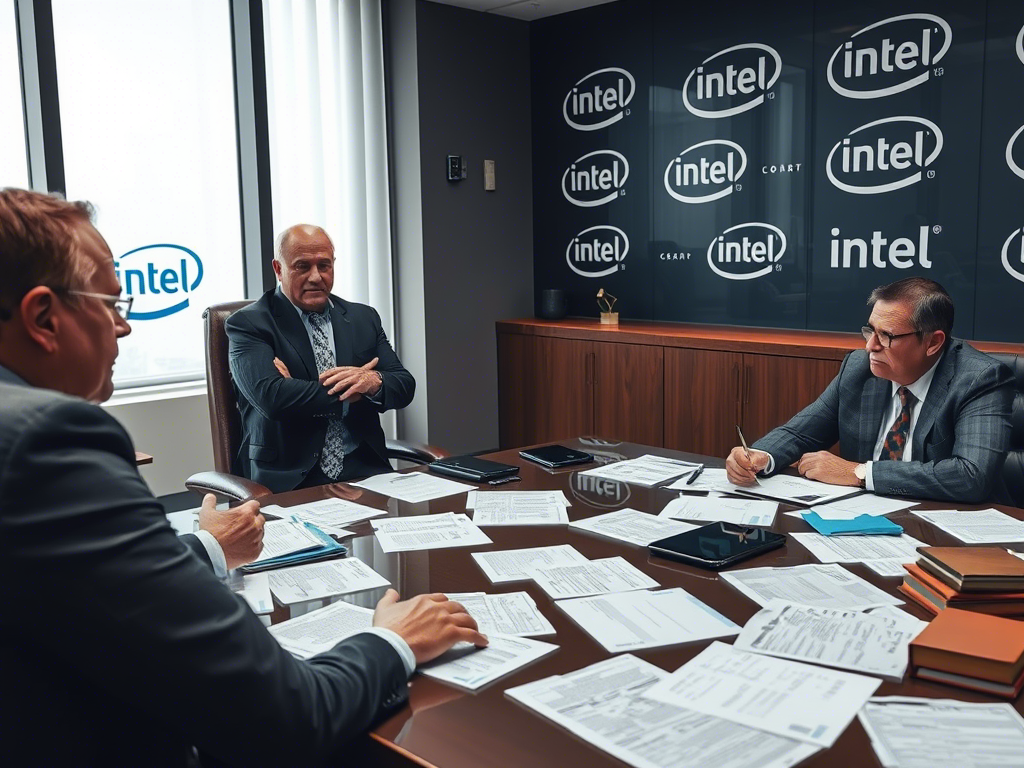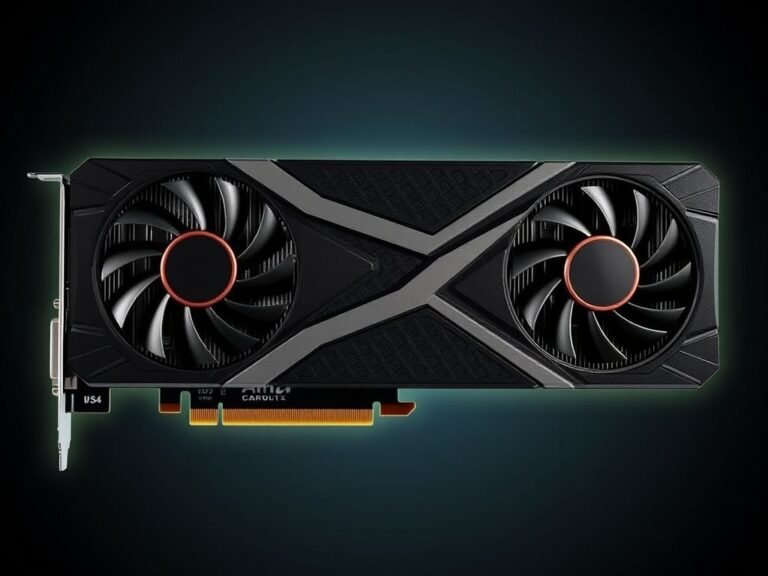
Intel Probes Alleged Financial Misconduct Involving Ex-Employee and Business Partner
An Israeli report from Calcalist has revealed that Intel Israel has launched legal proceedings against Natalia Avtsin , a former employee, and Yafim Tsibolevsky , a former supplier, over an alleged scheme to embezzle more than NIS 3 million (roughly $842,000 ) between October 2023 and November 2024 . The fraud reportedly went undetected until Intel uncovered it internally.
Avtsin worked in Intel Israel’s hardware production department until her layoff in November 2024 , which Intel clarified was part of a broader restructuring effort aimed at reducing operations in the country and not connected to the alleged fraud. At the time of her dismissal, the misconduct had not yet been discovered.
In September 2023 , Tsibolevsky registered a company under the name “Energy Electronics 2000” , and by the following month, he became an officially authorized Intel supplier. According to the allegations, the two orchestrated the scheme by having Tsibolevsky submit component price quotes to Avtsin, who then forwarded them to her manager for approval.
After approval, Avtsin allegedly altered the transaction classification from “components” to “services” , a change that reportedly bypassed critical verification protocols within Intel’s system. Experts note that successfully manipulating such classifications would require insider knowledge of the company’s internal procedures and approval workflows.
The case highlights how even small changes in procurement systems — when exploited from within — can lead to significant financial losses, underscoring the importance of robust internal controls in large tech companies.
Intel Israel explained to Calcalist that service-related payments were subject to less stringent verification than those for physical components. Unlike hardware purchases, service payments did not require a signed delivery note or confirmation receipt, making them easier to exploit. This lack of oversight allowed Tsibolevsky to submit invoices and receive payments with minimal scrutiny.
Despite this, Tsibolevsky shouldn’t have been able to operate under the “services” category at all — his company, Energy Electronics 2000 , was never registered with Intel for service provision. To avoid raising red flags, he reportedly issued invoices valued at $20,000 or less , carefully staying within Avtsin’s authorized transaction limit. Such precision strongly suggests inside knowledge, further pointing to collusion from within Intel itself.
During its internal investigation, Intel uncovered potential links to a third party: Levanon Kogan , a procurement services firm that assists companies not directly registered with Intel in making purchases. While the tech giant has not accused Levanon Kogan of any wrongdoing, it found that several fraudulent transactions were routed through the company.
In these cases, Avtsin would obtain a quote from Tsibolevsky and then arrange for Levanon Kogan to process the payment — again under the false classification of “services.” Investigators identified as many as 30 fake orders placed via this channel, totaling over NIS 2 million (approximately $561,000 ).
The involvement of an external purchasing agent adds another layer of complexity to the alleged scheme, suggesting a deliberate effort to obscure the flow of funds and evade standard internal controls.





